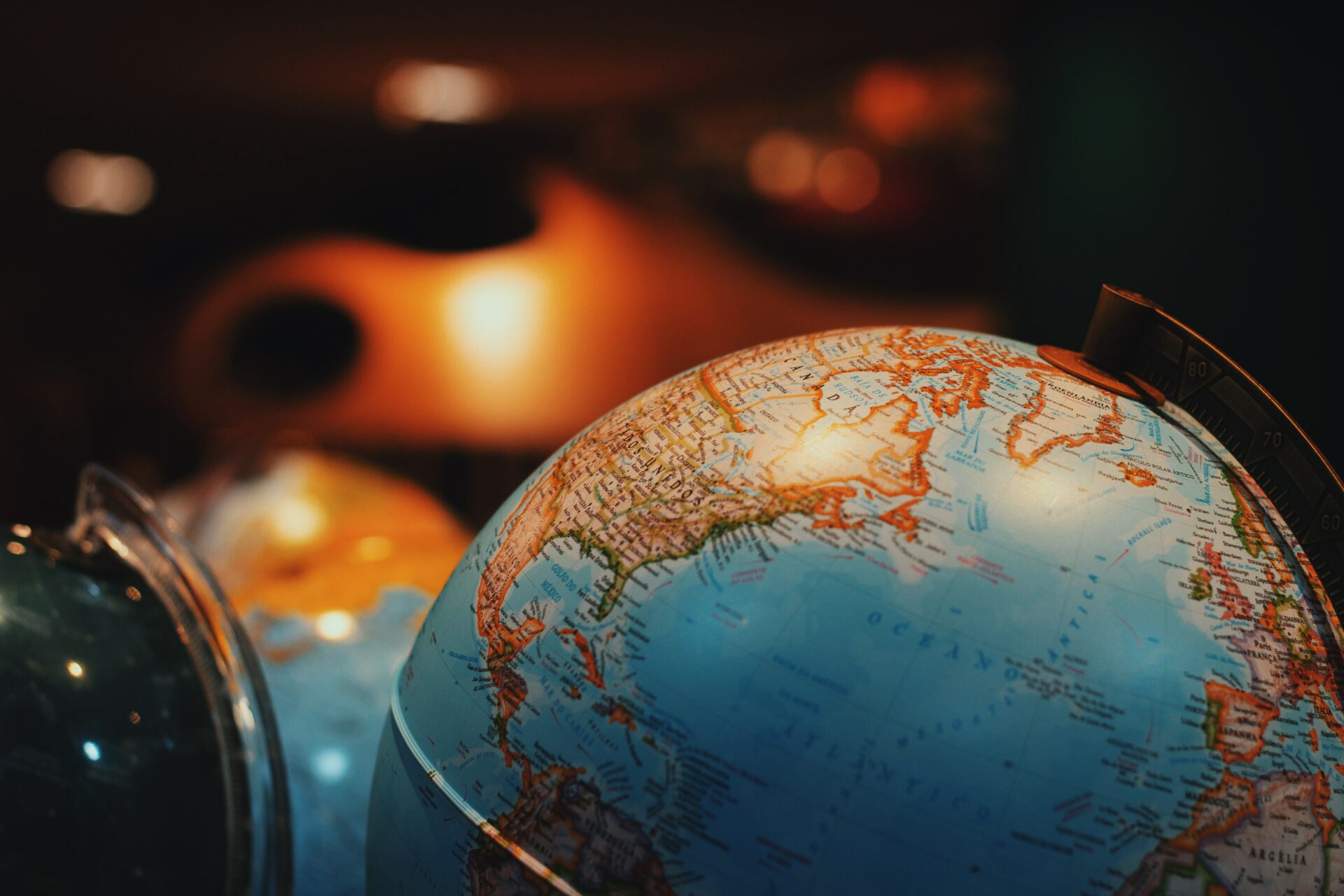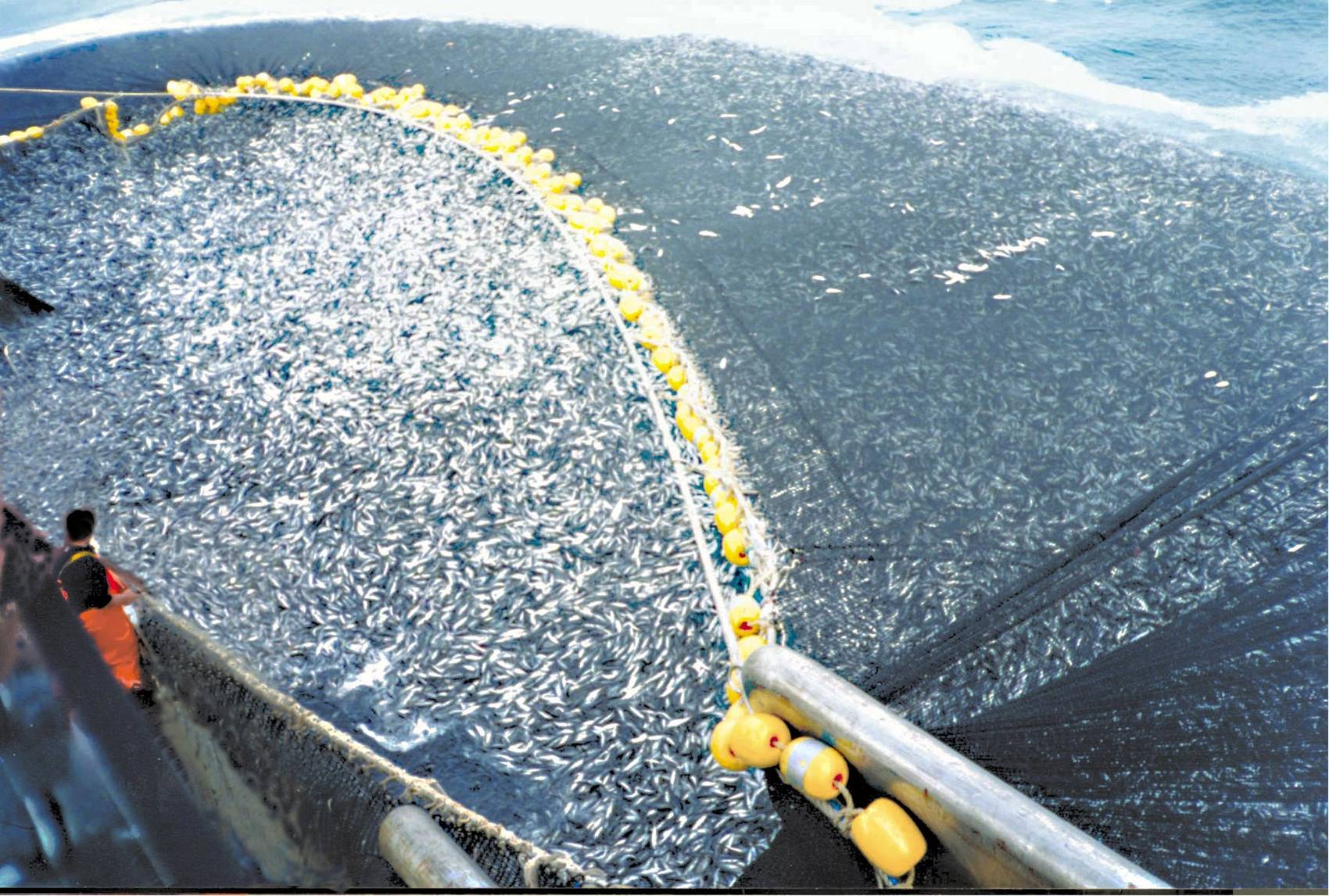A Neglected Survival Imperative: The Design of Alternative World Futures
“It looks like its dying, but it’s hardly been born.”
Bob Dylan
It would seem obvious. If the current and longstanding system of world politics “looks like its dying,” the core task of any meaningful remediation should be “revival.” And if the plausible prospect of systemic morbidity is based more or less upon identifiable “design flaws,” this task should involve disciplined efforts at global “re-design.” To date, however, no significant attempts have been made to accomplish this essential survival task.
It doesn’t have to be this way. Back in the late 1960s, a small number of American universities set out to create “World Order Studies Programs.” An especially promising program began at the Yale Law School and then “migrated” to Princeton University’s Department of Politics. Sharing some of their most capable “futures” scholars, Princeton and Yale encouraged imaginative graduate students to fashion original designs for “alternative world futures.” At the time, animating global problems were summed up as War, Population Pressure, Resource Shortages and Environmental Decay. Now, of course, this last component problem would be re-named “Climate Change.”
It is urgent that capable scholars return to and enhance this neglected subject of academic inquiry. The first step in any such needed return should be a heightened awareness of global fragility and a corresponding imperative to meet associated challenges with far-reaching intellectual efforts. Though there has never been a more urgent global moment for the design of alternative world futures, there has also never been so little interest expressed in such design. The ironies are staggering; in universities especially, they are impossible to justify.
At present, America’s universities are overwhelmingly focused upon a singularly dominant and rampant careerism or vocationalism. The reductio ad absurdum of this shortsighted focus is a headlong rush to assess schools and programs according to presumed “payback” prospects. More succinctly, these institutions are being measured (almost exclusively) by the “cost-effectiveness” of student tuition expenses. As for the “Western Canon” or “liberal arts” – literature, art. Music, philosophy – these vital subjects of “mind” continue to disappear from the curricula.
What next? The are many relevant details, overlapping, bewildering and daunting. Going forward, any coherent template for world order reform must take assorted considerations of biology into account. This means a view dictated not only by expressly core issues of war and peace, but also by certain still-latent disease pandemics that could threaten human civilization in toto. Although, as a species, we have made obvious progress in science and technology, we remain enormously fragile and existentially vulnerable. Over time, especially if some more refractory virus spread should “synergize” with major acts of war or terror (especially nuclear and/or biological violence), whole societies could be erased.
Quo Vadis? This is not “merely” a difficult question. It defines the single most meaningful query for planet earth. To begin, world leaders will need to plan rationally, systematically and self-consciously for nothing less consequential than literal global survival. Ultimately, this will mean a willingness to realign traditionally narrow judgments of national self-interest with the much wider interests of humankind as a whole. Although such a requirement will at first appear unrealistic, nothing could be less pragmatic for nation-states than choosing to remain on their present collision course.
Left unchanged, or merely modified by variously token kinds of world order reform, global politics and economics will experience ever-more frequent and catastrophic breakdowns. To argue otherwise, or still more foolhardy, to call for further hardenings of world tribal conflict, would be to reject everything we have already learned about civilization, science and human species survival.
Fundamentally, it all boils down to this: Unless we finally take tangible steps to implement an organic and cooperative planetary civilization – one based on the irremediably central truth of human “oneness” – there will be no civilization at all. To credibly reject this conclusion would first require certain plausible expectations of an already-ongoing evolution toward worldwide peace and denuclearization. Right now, any such optimistic expectations would be starkly unfounded and out of the question.
The imperative nature of this assessment is clarified by our species’ manifest advances in creating mega-weapons and infrastructures. Augmenting these fearful examples of “progress,” certain major states could become increasingly committed to deterrent strategies of nuclear war fighting, cyber-warfare and/or “internet mercenaries.” To a considerable extent, the steady spread of internet warfare surrogates is being undertaken on behalf of ghastly authoritarian regimes.
About an organic planetary civilization or “oneness,” we may learn from ancient Greek Stoic philosopher, Epictetus, “You are a citizen of the universe.” A broader idea of “oneness” followed the death of Alexander in 322 BCE, and with it came a coinciding doctrine of “universality” or interconnectedness. By the Middle Ages, this political and social doctrine had fused with the notion of a Respublica Christiana, a worldwide Christian commonwealth, and Thomas, John of Salisbury and Dante were looking upon Europe as a single and unified Christian community. Below the level of God and his heavenly host, all the realm of humanity was to be considered as one. This is because all the world had been created for the same single and incontestable purpose; that is, to provide background for the necessary drama of human salvation.
Only in its relationship to the universe itself was the world correctly considered as part rather than a whole. Says Dante in De Monarchia: “The whole human race is a whole with reference to certain parts, and, with reference to another whole, it is a part. For it is a whole with reference to particular kingdoms and nations, as we have shown; and it is a part with reference to the whole universe, which is evident without argument.” Today, of course, the idea of human oneness can and should be fully justified/explained in more purely secular terms of understanding.
So what next?
In essence we humans are still at the beginning. Until now, in such utterly primal circles, we have consistently managed to miss what is most important to planetary renewal and survival. Nonetheless, a central truth remains to be identified and continuously underscored: Always, there exists a latent but determinative “oneness” to world politics. Always, it is upon such overriding solidarity that any improved world order edifice must be constructed.
There is more. This critical dimension of human identity can be encountered in certain vital but generally-ignored literatures, among such philosophic giants as Sören Kierkegaard, Sigmund Freud, Hermann Hesse, Carl Jung, Jose Ortega y’ Gasset, Miguel de Unamuno and Pierre Teilhard de Chardin. Its persistent rejection in “real life,” even in the world’s allegedly great universities, reflects a literally elemental threat to every single nation-state’s elementary physical survival.
Antecedent questions should now arise. Why have we made ourselves (humans are not merely passive victims in these matters) existentially vulnerable? The correct answer must reveal a continuous worldwide willingness to seek personal identity in variegated memberships. Significantly, humans ordinarily fear solitude or “aloneness” more than anything else on earth, sometimes even more than death. Amid the palpably growing chaos that is already stampeding across whole continents, we still willingly abide primal loyalty to starkly dissembling claims of “tribe.”
Everywhere, individuals desperate “to belong” will more-or-less enthusiastically subordinate themselves to some all-consuming expectations of nation, class or faith. And more often than we might at first care to admit, such subordination will carry with it an acceptance of “martyrdom.” Recalling the marooned English schoolboys in William Golding’s Lord of the Flies, we may be reminded here that the veneer of human civilization is razor thin. Vastly impressive scientific and medical discoveries aside, whole swaths of humankind remain open to various forms of irrationality.
With such utterly retrograde hopes, an entire species must remain in conspicuously grave peril. More precisely, in the end, such atavistic hopes lie at the heart of war, terrorism and genocide. Is this really the best we can do?
By any reasonable definition, humans remain determinedly irrational as a species. Why? The best answer lies in our shortsighted views of power-politics or political “realism.” In the merciless light of history, these views are strange or incomprehensible. Not until the twentieth century, after all, did international law even bother to formally criminalize aggressive war.
There is more. Hope exists, we must assume, but now it must sing more softly, with circumspection, inconspicuously, almost sotto voce. Although counter-intuitive, the time for celebrating science, modernization and gleaming new information technologies per se is at least partially over. To survive together on this imperiled planet, each of us must first sincerely seek to rediscover an individual life that is detached from certain lethally-patterned obligations “to belong.” It is only after such rediscovery that we could finally hope to reconstruct world order on a reasonably sound basis. Inter alia, this will have to be a foundation of willing global interdependence and recognizable human “oneness.”
In his landmark work, The Decline of the West, first published during World War I, Oswald Spengler inquired: “Can a desperate faith in knowledge free us from the nightmare of the grand questions?” This remains a profound and indispensable query. The necessary answer would accept that the suffocating conflicts of life on earth can never be undone simply by improving global economies, building larger and larger missiles, fashioning or abrogating international treaties, replacing one sordid regime with another or by “spreading democracy.”
Most importantly, we might eventually learn that this persistently tribal planet lacks a tolerable future not because we humans have been too slow to learn what has been taught, but because what has been taught has too often been beside the point. It won’t be enough to assure our survival if great majorities of people can somehow acquire shiny new “personal devices,” or even own cars that can drive themselves. These are false and lazy goals, mainly contrived objectives that inevitably miss the main point: That immediate point is to remain alive.
There is more. Traditional “remedies” will be insufficient because the planet as a whole would remain on its lethal trajectory of belligerent nationalism and tribal conflict. To wit, reminds French Jesuit thinker Pierre Teilhard de Chardin in The Phenomenon of Man: “The egocentric ideal of a future reserved for those who have managed to attain egoistically the extremity of `everyone for himself’ is false and against nature.”
But how to actually conceptualize alternative systems of world order that are based upon aptly cooperative visions? What are the recognizable “rules” for such conceptualizations? What kinds of thinking ought to be acknowledged and implemented?
To answer the last question first, pertinent thinking here must be expressly dialectical. This means, among other things, accepting that there can never be any conclusively final or permanent visions. World system change is continuous and dynamic, and heuristic models must therefore be temporary or transient. This is not a regrettable sign of inadequacy, but only an acknowledgment that proper “therapies” must follow correct “diagnoses.”
“What is, is.”
For better or for worse, world order change is inevitable and unstoppable. The scholars’ and policy makers’ task is not to seek unachievable transformations, but to enter into this dynamic process with calculated deliberateness and intelligent design. In this connection, it will need to be understood there can be no objectively appropriate or optimal world order design visions, but that all such visions – whatever their nuanced differences – must include enforceable international law.
Values
A contemplated alternative could be deemed desirable only from the expressed standpoint of certain already-stated values. In principle, at least, one scholar’s utopia could be another’s dystopia. Even if everyone involved could initially agree on the representative values of an improved world order (e.g., peace; social justice; pandemic disease management; economic well-being; climate change control, etc.), there is still sure to be widespread disagreement concerning the favored hierarchy or rank-ordering of these selected values.
B y definition any such hierarchy must generally remain a subjective judgment. There can be no objective reasons to prefer one specific value or configuration of values to another. The only plausible exception to this judgment is the evidently primal value of core physical survival. e.g., nuclear war avoidance.
Hypotheses
Once equipped with an explicit set of ranked world order values, scholars and policy-makers will need to link these values to specific factors that are expected to sustain or maximize them. These presumed linkages are known to science as hypotheses. In such tentative explanations, the values will serve as the “dependent variables” or subjects to be explained
Science has well-founded rules. Hypotheses are essential to any science-based inquiry, including the design of alternative world orders. These “informed hunches” are necessary to guide the search for analytic order among so many overlapping and discrepant facts. Without suitable hypotheses, there can obtain no reliable ways of determining which discrete facts are relevant and which are irrelevant.
Models
Models of alternative world order must follow hypotheses. These models are determined by antecedent hypotheses. Indeed, these analyst-constructed visions are offered for the sole purpose of examining pertinent hypotheses. Without them, there could be no satisfactory way of knowing if any particular hypothesis or set of hypotheses has genuine promise.
They represent yet another example of why the adequacy of any particular world order design process is contingent upon prior methodological or philosophy of science decisions.
In the world order design process, models derive from hypotheses. They provide the analytic context within which any proper investigation must ultimately proceed. Exactly which models of order are actually under consideration must depend upon the already-selected hypothesis or hypotheses. This, in turn, could be more or less complex, depending upon the investigators own informed sense of what is calculably most important.
Recommendations
Once relevant models have been stipulated and investigated, scholars and policy makers must decide whether or not to recommend them. Always, this final critical decision must be informed by the twin criteria of desirability and feasibility. Before any alternative system of world order could be judged acceptable, it would have to appear suitably attractive in terms of the selected values (“suitability” being a necessarily subjective judgment) and reasonably capable of some actual implementation (“reasonably” here being a similarly subjective determination).
There is more. Feasibility issues are tied closely to desirability matters. They are interdependent or intersecting criteria of acceptability. Depending upon the extent of agreement on what might actually constitute a desirable world order alternative, the feasibility of a considered alternative could vary from one assessment to another. This is not to suggest, however, that widespread agreement would ipso facto signify feasibility. Any remaining differences concerning strategies of implementation could still render a particular recommendation unattainable.
The challenges of world order design are oddly inconspicuous, but they are also critically important. This critical importance is overriding because if the core challenges remain unmet, no other values could conceivably be satisfied. In the main, world order design is about enhancing theoretical understanding, not just assembling formal compilations of facts and figures.
For the “designers,” theory is a “net.” Only those who cast, can catch.
For the scholars, this is an apt metaphor.
Everyone knows that our world “looks like its dying,” but that knowledge describes only half the expanding planetary dilemma. The next step for thinkers and planners is to acknowledge that this world deserves a last minute chance at defining and shaping its existential future. This indispensable judgment is based in part on a still-hopeful understanding of humankind’s survival potential. Even a world already teetering at death’s door may have residual potential for an eleventh-hour rescue. This includes even a world that’s “hardly been born.”
LOUIS RENÉ BERES, Emeritus Professor of International Law at Purdue, was educated at Princeton (Ph.D., 1971). He is the author of several early books on alternative world futures, including Reordering the Planet: Constructing Alternative World Futures (with Harry R. Targ, 1974); Planning Alternative World Futures: Values, Methods and Models (with Harry R. Targ, 1975); People, States and World Order (1981); Reason and Realpolitik: US Foreign Policy and World Order (1984); and Transforming World Politics: The National Roots of World Peace (1975). Born in Zürich, Switzerland at the end of World War II, Professor Beres is the author of many books and articles on international relations and international law. His writings have appeared in Jurist; Horasis (Zürich); The New York Times; Yale Global Online; Harvard National Security Journal; World Politics (Princeton); The Bulletin of the Atomic Scientists; International Journal of Intelligence and Counterintelligence; American Journal of International Law; International Security (Harvard); The Atlantic; The Hudson Review; Israel Defense; The War Room (Pentagon); Modern War Institute (Pentagon); Global-e (University of California); The Jerusalem Post; The Washington Post; The Hill; US News & World Report; The National Interest; Parameters: Journal of the US Army War College; Special Warfare; BESA Perspectives (Israel); Air & Space Operations Review (USAF); and Oxford University Press. Professor Beres’ twelfth and newest book is Surviving Amid Chaos: Israel’s Nuclear Strategy (Rowman & Littlefield, 2016) (2nd. ed., 2018) https://rowman.com/ISBN/9781442253254/Surviving-Amid-Chaos-Israels-Nuclear-Strategy



